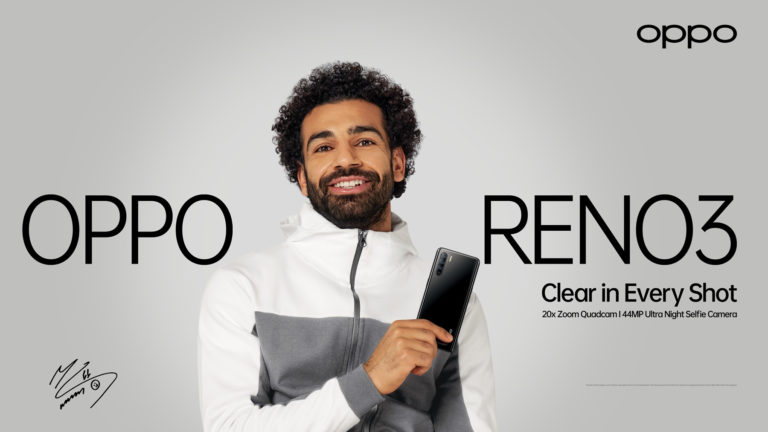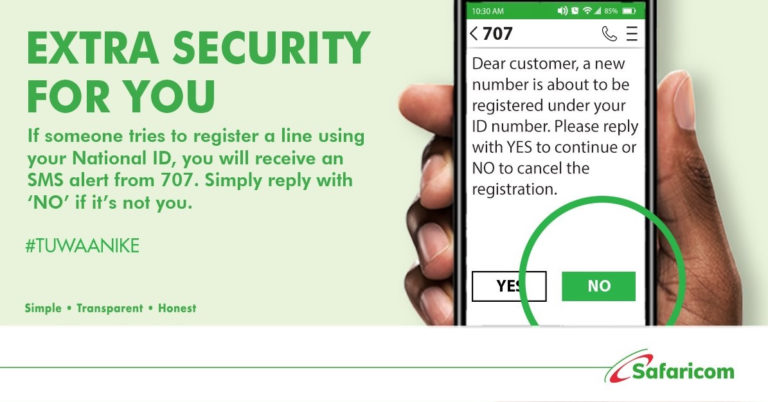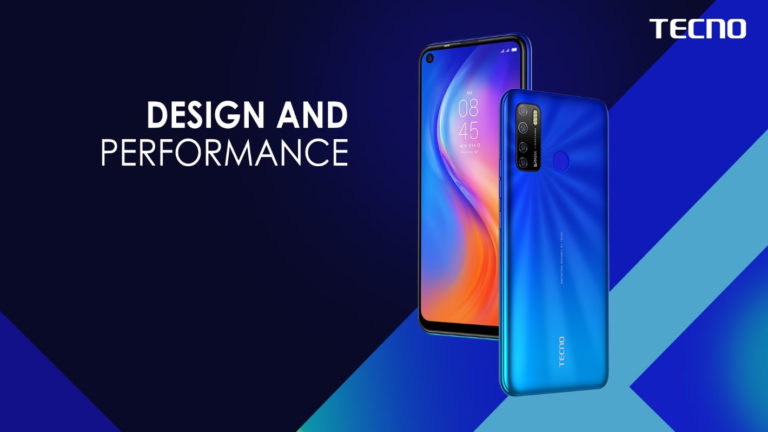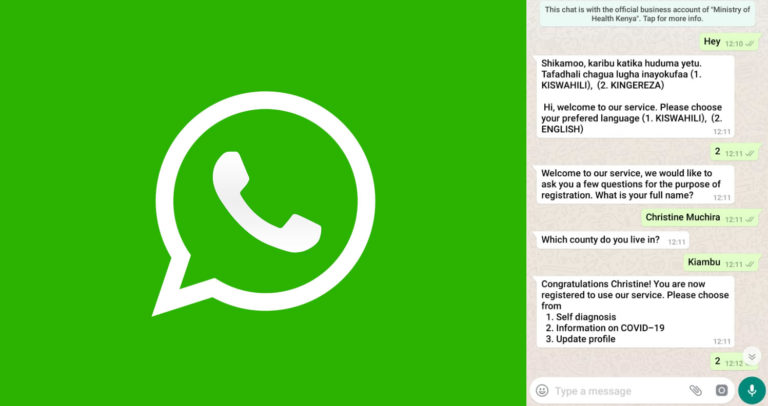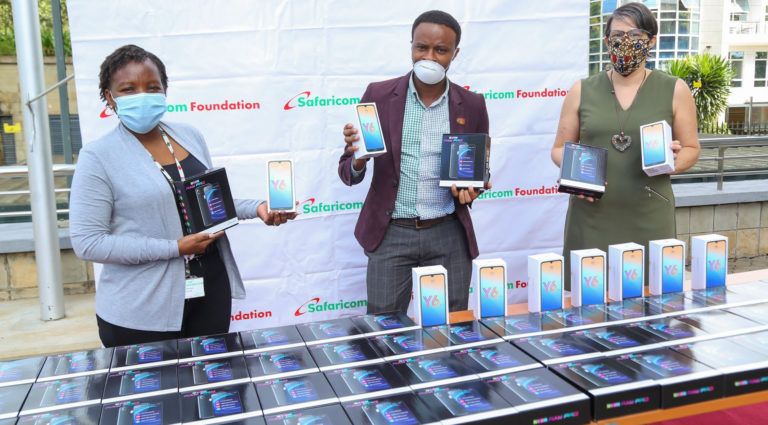Since the Oppo Reno3 was officially unveiled earlier on in the year, there has been much of discussion as to whether the price tag was actually relative to what it offers in the real world. The device is priced at KES 39,999, which is quite a steep for many Kenyans who differs in various aspects as to what a premium price tag should or should not be. In contrast, to most developed economies, the Oppo Reno3 falls squarely within the mid-range genre but at the same price tag, it’ll only appear on shortlist of Kenyans looking at getting something high-end.
Oppo is a well-known brand in the android world offering some of the best combination of specs and price. I remember back in the day when I held my first premium F11 Pro from Oppo that fancied us with a one of a kind pop-up camera setup that spelled premium in capital letters. It was one of those moments we had a feel of what the future could hold when phone makers invested some efforts in innovation rather than following in the footsteps of others or current trend. Unfortunately, a pop-up camera meant Oppo had to sacrifice some features such as water proofing but we still don’t get an official water proof certification with the latest Oppo Reno3.
No pop-up camera present, but a quad camera setup still manages to impress.

While we’d hoped for a pop-up camera as we saw in the F11 Pro, the current quad camera still manages to impress with some professional level snaps provided the lighting is optimal and holding it just right. We all know there’s so much involved in creating pro-level photography that’s why we’d be hesitant to compare the Oppo Reno3 with industry giants in software optimizations like iPhones, Galaxies and Pixels. In fact, I believe Google still holds the crown with its pixels. The pixel 3a with its budget friendly price tag is touted to snap pro-level pictures without any modifications; typical of just point and shoot camera.
We’re still amazed at how Oppo Reno3 managed to combine a set of sensors in the camera system to snap photos the right way. We get a combination of four sensors; 13MP Telephoto Lens, 48MP Ultra-clear Main Camera, 8MP Wide-angle Lens and a 2MP Mono Lens.
Oppo promises an outcome of an Ultra Clear 108MP Image which optimizes most common usage scenarios in bright light, such as the facial details and text details.
We also get a massive single sensor dedicated for selfies. The 44megapixels sensor is more than what anyone could’ve asked for. The sensor promises more refined selfies that are worth sharing on the social media. The accompanied software modifications ensures that selfies stay presentable even in poor lighting. Multiple photos are taken simultaneously and combined to create the ideal image.
A 6.4 inch 1080 x 2400 AMOLED Screen charms its way to our souls

For most of my smartphone reviews, I’ve been very critical of the tech most manufactures implement on some of these costly devices. I’m however happy to report, there’s so much you’ll love on the AMOLED screen used by the Oppo Reno3.
AMOLED technology ensures you still enjoy true blacks and colors remain vibrant to the tone. We a little perturbed on Oppo’s refusal to stretch within the 1440p resolution bracket. While the text and images are still crisp enough, there’s lots of competitors that offers a little more.
Oppo was able to implement an under-display fingerprint sensor which is impressive in comparison to putting at the back of phone. A notch at the top specifically for the 44MP selfie sensor ensures that no more screen real estate is hindered by unnecessary bezels. The addition of Dolby Atmos ensures video consumption is just as enjoyable.
Android 10 is welcomed and coloros 7 adds some icing on top
It’s good to know that Oppo Reno3 comes with the latest version of android and some welcomed tweaks on the interface by coloros 7.
Internals are just as expected and performance doesn’t disappoint
Under the hood is a MTK P90 chipset coupled by 8GB RAM and an impressive 128GB internal storage which can of course be extended by a MicroSD card.
Battery that lasts just enough to take you through an entire day.
We’ve got VOOC Flash Charge 3.0 onboard that promises to charge a little faster from 0% to 50% in just 30 minutes while a full charge should take approximately 73 minutes. The inbuilt 4025mAh Battery manages to last through the day, but its good to know when it runs out, you’ll be at full capacity within less than 2hrs.
Design and available colors
The Oppo Reno3 maintains a slim profile at just 7.3mm thick and is light to the touch weighing only 170g. the handset is available in two colors; Midnight Black and Auroral Blue.

